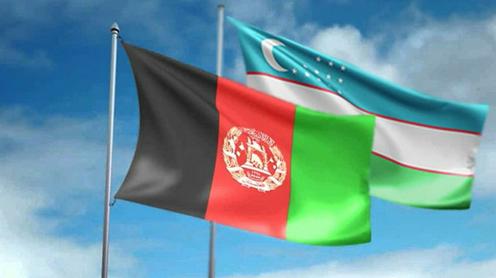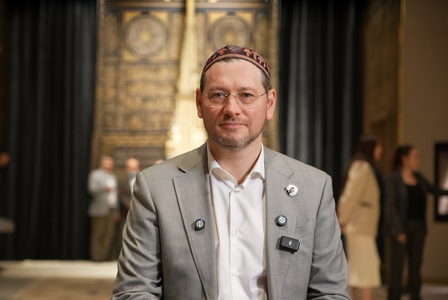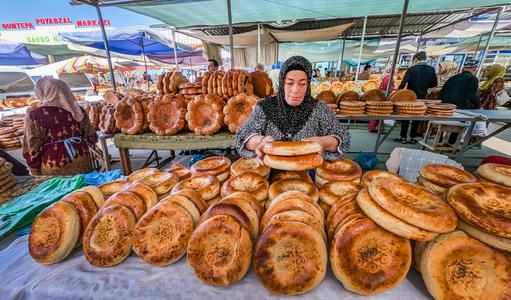Uzbekistan has never closed itself off or turned away from Afghanistan, prioritizing a long-term strategy based on pragmatism in its relations with the neighboring country. President Shavkat Mirziyoyev made this statement in an interview with Euronews.
“We have always believed that Afghanistan’s development is impossible without constructive engagement with its neighbors, including Uzbekistan, as its closest and most important partner,” Mirziyoyev emphasized.
According to him, it was evident several years ago that the previous Afghan regime would not be able to retain power. Factors leading to this conclusion included its inability to establish full control over the country, its reluctance to engage in dialogue with the opposition, its failure to form an inclusive government, and widespread corruption.
The Uzbek president noted that Afghanistan’s current leadership has managed to stabilize the country, directing resources toward infrastructure development, including airports, rail networks, and water and energy facilities. Among its achievements, he highlighted a reduction in opium cultivation, which has been replaced with other crops. According to UN data, after the Taliban* banned drug sales in 2023, opium cultivation areas decreased by 95%.
Mirziyoyev stressed the importance of integrating Afghanistan into international economic processes, particularly through infrastructure projects within the country.
“We are ready to work together with the European Union and other international partners to promote a positive agenda and initiatives that will not only help Afghanistan overcome its current crises but also ensure its long-term development,” the Uzbek leader stated.
Mirziyoyev also pointed out that providing educational assistance to Afghanistan is currently a top priority.
The interview touched on regional security, which remains a priority in Central Asia, according to the Uzbek president.
“We understand that our region and the European Union face common security threats and challenges, including terrorism, extremism, and transnational crime, such as drug trafficking. In this regard, cooperation with the EU in security matters is one of the key areas of our engagement,” he explained.
Mirziyoyev underscored the need to continue cooperation through existing programs while also developing new initiatives to combat extremism and cyber threats. These topics, he noted, will undoubtedly be discussed at the upcoming summit.
The first Central Asia–European Union summit will take place in Samarkand on April 3–4. Participants will include European Council President António Costa, European Commission President Ursula von der Leyen, and the presidents of Uzbekistan—Shavkat Mirziyoyev, Kazakhstan—Kassym-Jomart Tokayev, Kyrgyzstan—Sadyr Japarov, Tajikistan—Emomali Rahmon, and Turkmenistan—Serdar Berdymukhamedov.
The summit, held under the motto “Investing in the Future,” will also be attended by representatives of the European Bank for Reconstruction and Development and the European Investment Bank. Discussions will focus on prospects for strengthening multifaceted relations and practical cooperation between Central Asian nations and the EU.










